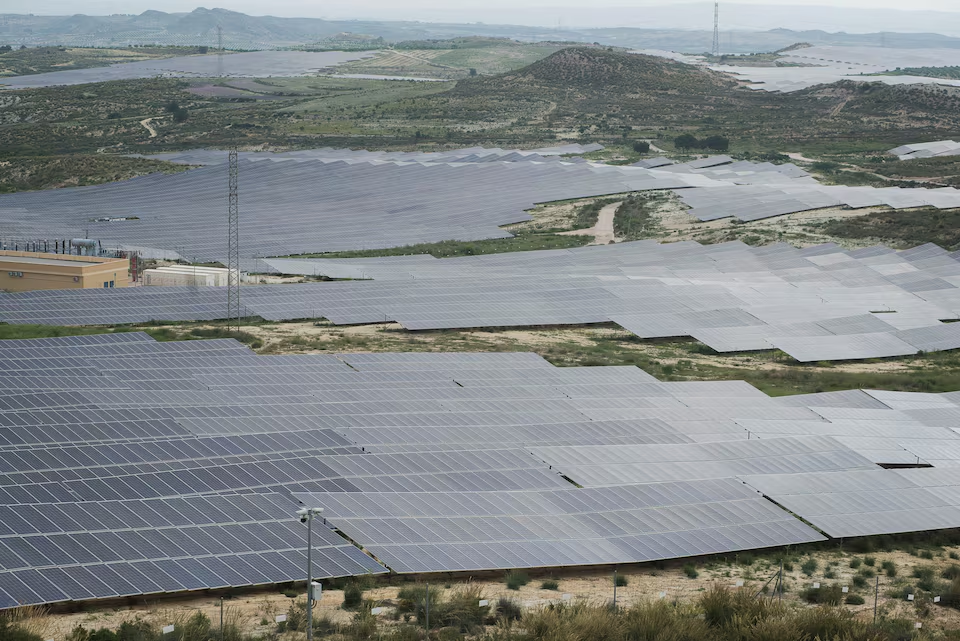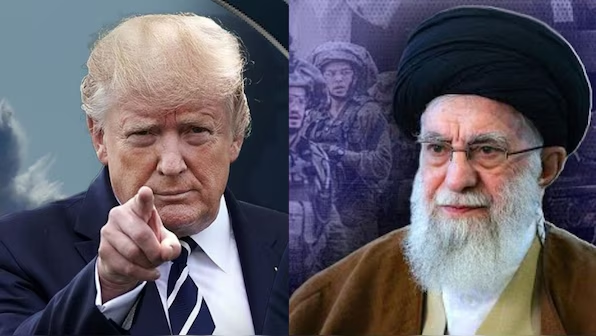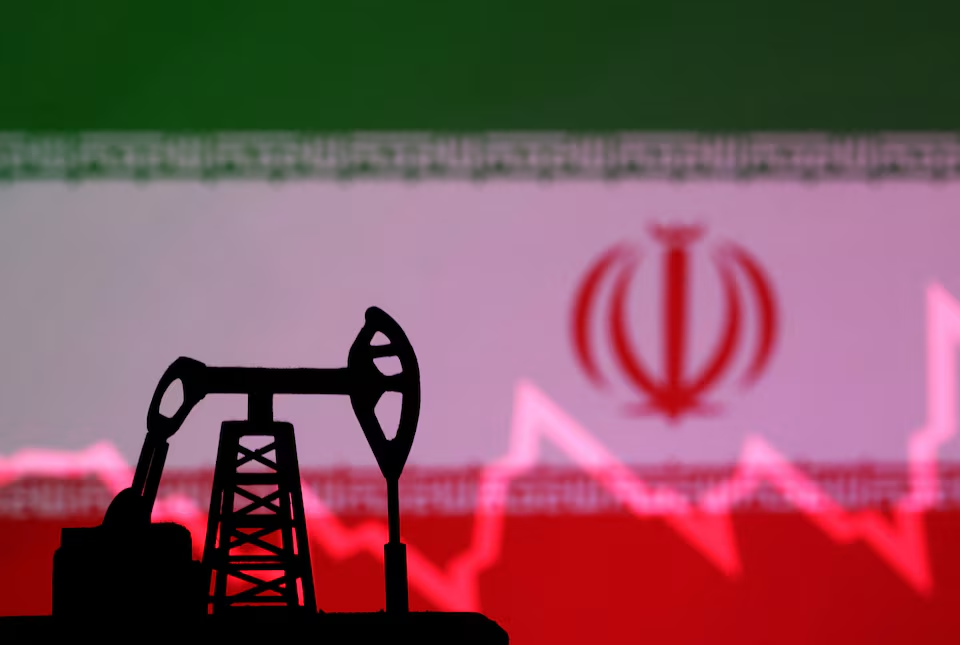Japanese Prime Minister Shigeru Ishiba has indicated that increasing corn imports from the United States could be a component of ongoing trade negotiations aimed at mitigating U.S. tariffs that are impacting Japan’s economy. Speaking in parliament, Ishiba emphasized that while Japan is open to importing more U.S. corn, particularly for ethanol fuel and biomass purposes, it will not compromise its domestic agriculture sector to obtain tariff concessions, especially for automobiles.
In 2024, Japan imported $2.8 billion worth of corn from the U.S., largely offsetting a significant drop in American corn exports to China. Despite this, trade discussions have made limited progress, with Japan striving for exemptions from a series of U.S.-imposed tariffs, including a looming 24% car tariff set to take effect in July 2025. Japan’s chief trade negotiator, Ryosei Akazawa, has engaged in continued talks in Washington, though concrete resolutions remain elusive.
Prime Minister Ishiba has reiterated his stance on eliminating all tariffs in ongoing trade negotiations with the United States. During a televised interview, he noted positive progress in discussions and emphasized his good working relationship with U.S. President Donald Trump. He referenced the recent U.S.-UK trade deal that reduced tariffs on British car exports but retained a 10% baseline tariff, suggesting Japan should aim for zero tariffs instead. Ishiba argued that high import duties, particularly on automobiles, raise costs for U.S. consumers and harm the economy, proposing that they should be eliminated for mutual benefit.
The outcome of these negotiations will be pivotal in determining Japan’s trade relationship with the U.S. and could have significant implications for both economies.
Source: Reuters



